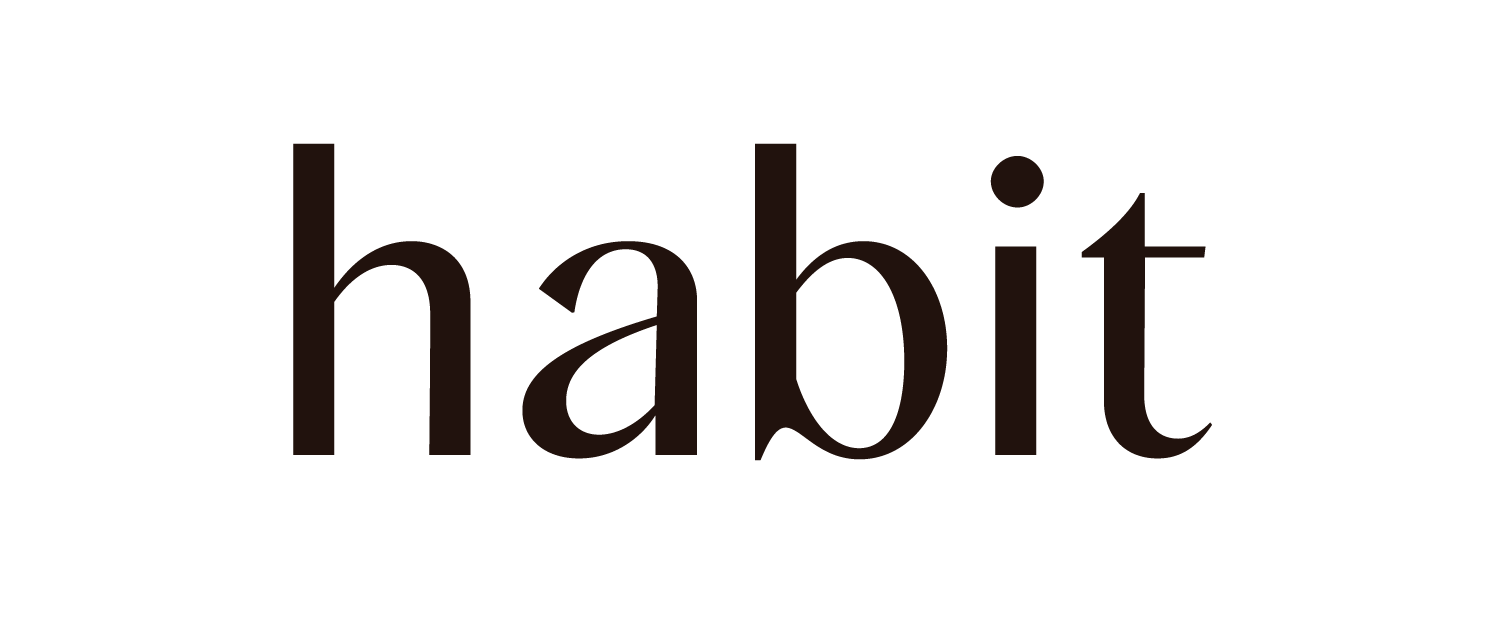The Different Types of Acne (and How to Treat Each One)
Acne isn’t one-size-fits-all, and neither is the way you treat it. From minor bumps to deep, painful breakouts, every type of acne has its own causes, symptoms, and best treatment approaches. The first step to clearer, healthier skin is understanding what kind of acne you’re dealing with. At Habit Med Spa, we offer expert guidance from our providers who are acne expert certified, along with our Nurse Practitioner of Dermatology, who specializes in treating acne of all kinds—from mild to severe—and can help with both skincare and prescription treatment plans.
Let’s break down the most common types of acne, how to manage them, and the best products from clinical-grade lines like iS Clinical, Skinbetter Science, Face Reality, and Glymed Plus. All of these products and more can be purchased and picked up in store at www.shopgoodskinhabit.com.
Whiteheads (Closed Comedones)
Whiteheads are small, white, or skin-colored bumps that form when a pore gets clogged with oil, dead skin, and bacteria and the top of the pore seals shut. They are often the earliest stage of acne, and if left untreated, they can lead to more inflamed breakouts.
To treat whiteheads, look for ingredients like salicylic acid (to exfoliate inside the pore), retinoids (to keep cell turnover healthy), and lightweight, non-comedogenic moisturizers to prevent future buildup.
Top Product Picks:
iS Clinical: Cleansing Complex
Skinbetter: AlphaRet Clearing Serum
Face Reality: Mandelic Serum 8%
Glymed+: AHA Accelerator
Blackheads (Open Comedones)
Blackheads form much like whiteheads, but the pore stays open, allowing the contents to oxidize and turn black. They're often seen on the nose, forehead, or chin.
Treating blackheads involves clearing out the pores and regulating oil production. Ingredients like salicylic acid, mandelic acid, and niacinamide work wonders. Weekly clay masks can help too.
Top Product Picks:
iS Clinical: Pro-Heal Serum Advance+
Skinbetter: Exfoliating AlphaRet Peel Pads
Face Reality: Acne Med 5%
Glymed+: Serious Action Masque
Papules
Papules are those small, red, inflamed bumps that don’t have a whitehead. They’re caused by clogged pores that become irritated and swollen. These spots can feel sore or tender, and they often show up in clusters.
For papules, you want to reduce inflammation and kill bacteria. A low concentration of benzoyl peroxide can be effective, and retinoids can help keep your skin cycling properly. Always use spot treatments cautiously and avoid over-drying your skin.
Top Product Picks:
iS Clinical: Active Serum
Skinbetter: Alto Advanced Defense Serum
Face Reality: Acne Med 2.5%
Glymed+: Oxygen Treatment Cream
Pustules
Pustules look much like whiteheads but are more inflamed and usually filled with pus. They're the kind of pimples you might be tempted to pop, but please don’t!
Instead, use benzoyl peroxide or sulfur-based treatments to reduce bacteria and calm the inflammation. Hydrocolloid patches are also great for absorbing pus and protecting the area as it heals.
Top Product Picks:
iS Clinical: Pro-Heal Serum Advance+
Skinbetter: Oxygen Infusion Wash
Face Reality: Sulfur Spot Treatment
Glymed+: Benzoyl Peroxide 5% Gel
Nodules
Nodules are deep, hard, complex, and painful bumps that don’t come to a head. These breakouts are more serious and usually don’t respond well to over-the-counter treatments.
If you're dealing with nodular acne, it's important to see a skincare professional or medical provider. Treatments often involve oral medications, prescription-strength retinoids, or hormonal therapy. At Habit Med Spa, our Dermatology NP can guide you through customized treatment options that may include topical and systemic approaches.
Top Product Picks:
iS Clinical: GenexC Serum
Skinbetter: Intensive AlphaRet Overnight Cream
Face Reality: Vitamin A Corrective Serum
Glymed+: AHA/BHA Cream
Cysts
Cystic acne is the most severe form. These breakouts are large, painful, pus-filled, and can linger for weeks. If not treated correctly, they often lead to scarring.
Cysts usually require medical management, such as cortisone injections, hormonal therapy, or even isotretinoin (Accutane). If you're struggling with painful, recurring cysts, our in-house Dermatology NP can develop a personalized plan that includes prescription options and ongoing support.
Top Product Picks:
iS Clinical: Super Serum Advance+
Skinbetter: AlphaRet Clearing Serum
Face Reality: Acne Med 10%
Glymed+: Ultra Hydro Gel
Fungal Acne (Malassezia Folliculitis)
Despite its name, fungal acne isn’t actually acne—it’s caused by yeast overgrowth and usually appears as small, itchy bumps on the forehead, chest, or back.
To treat it, use antifungal cleansers on the face and body, avoid heavy creams and oils, and if needed, ask about oral antifungal treatments. Our Nurse Practitioner can help diagnose and treat fungal acne correctly to get your skin back on track.
Top Product Picks:
iS Clinical: Copper Firming Mist
Skinbetter: Detoxifying Scrub Mask
Face Reality: L-Mandelic Face & Body Wash
Glymed+: Cell Science Oxygen Treatment Cream
Skincare Tips for All Acne Types
Stick to a routine—consistency is key
Wash your face twice daily (don’t overdo it)
Always remove makeup before bed
Choose non-comedogenic products to avoid clogging pores
When to Get Help
If your acne isn’t improving after 6–8 weeks of consistent skincare, don’t go it alone. At Habit Med Spa, our Nurse Practitioner of Dermatology is here to help you identify your skin type, personalize your routine, and manage prescriptions or advanced treatments when needed. Whether you're dealing with mild breakouts or severe cystic acne, we're here to support you every step of the way.

